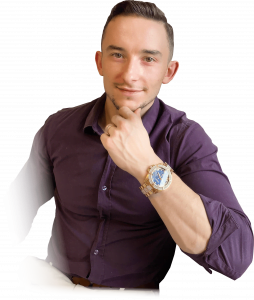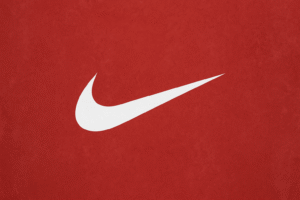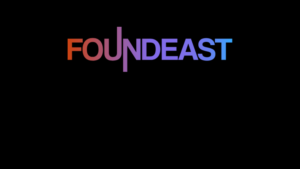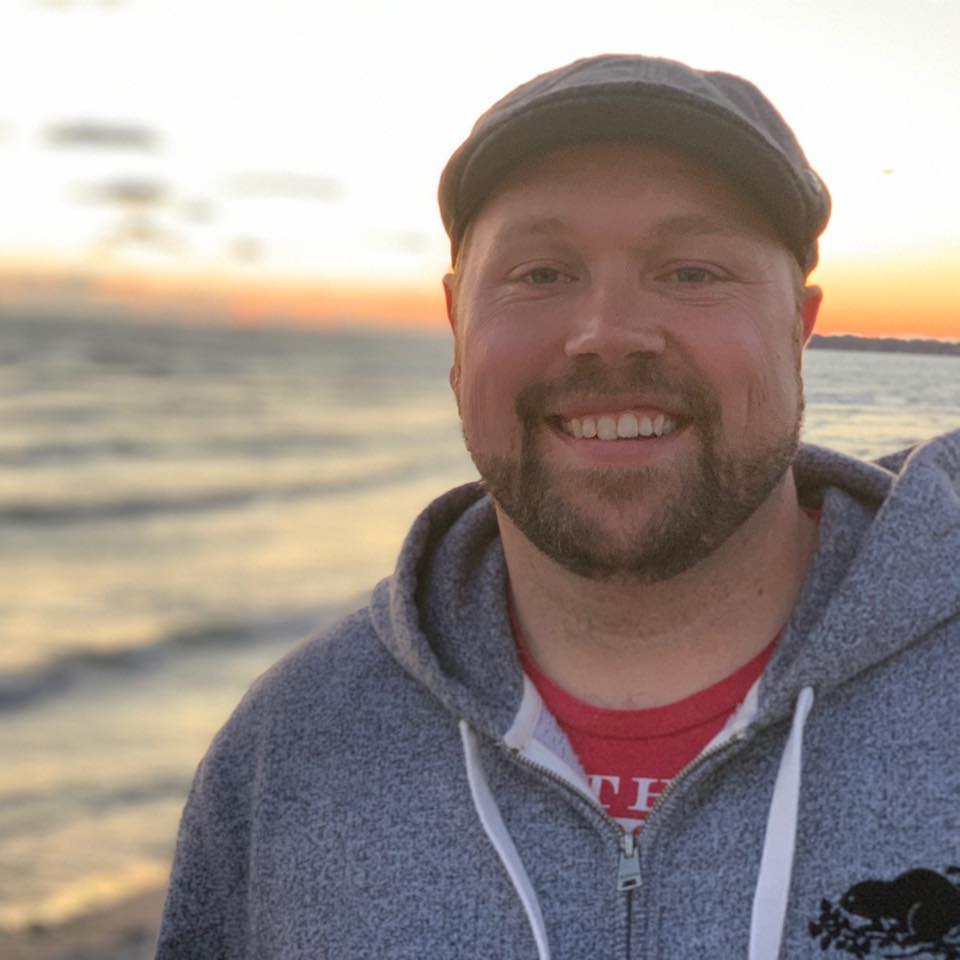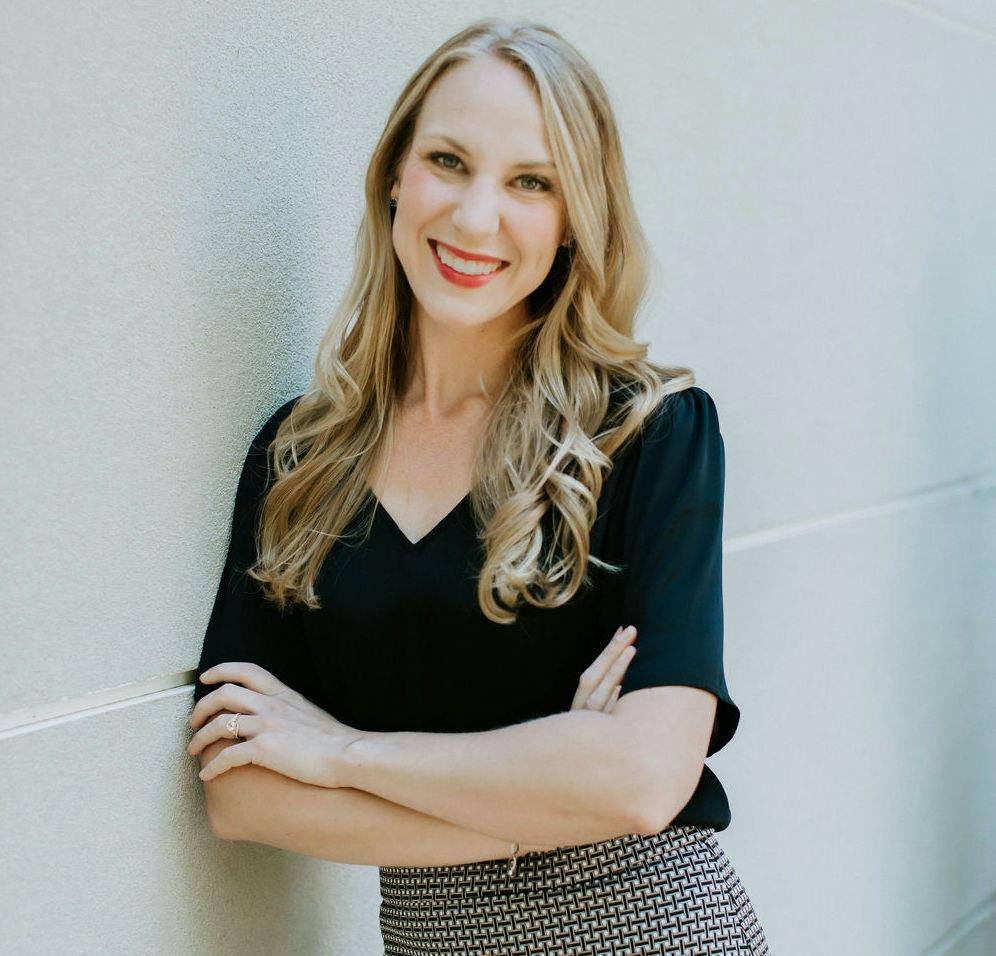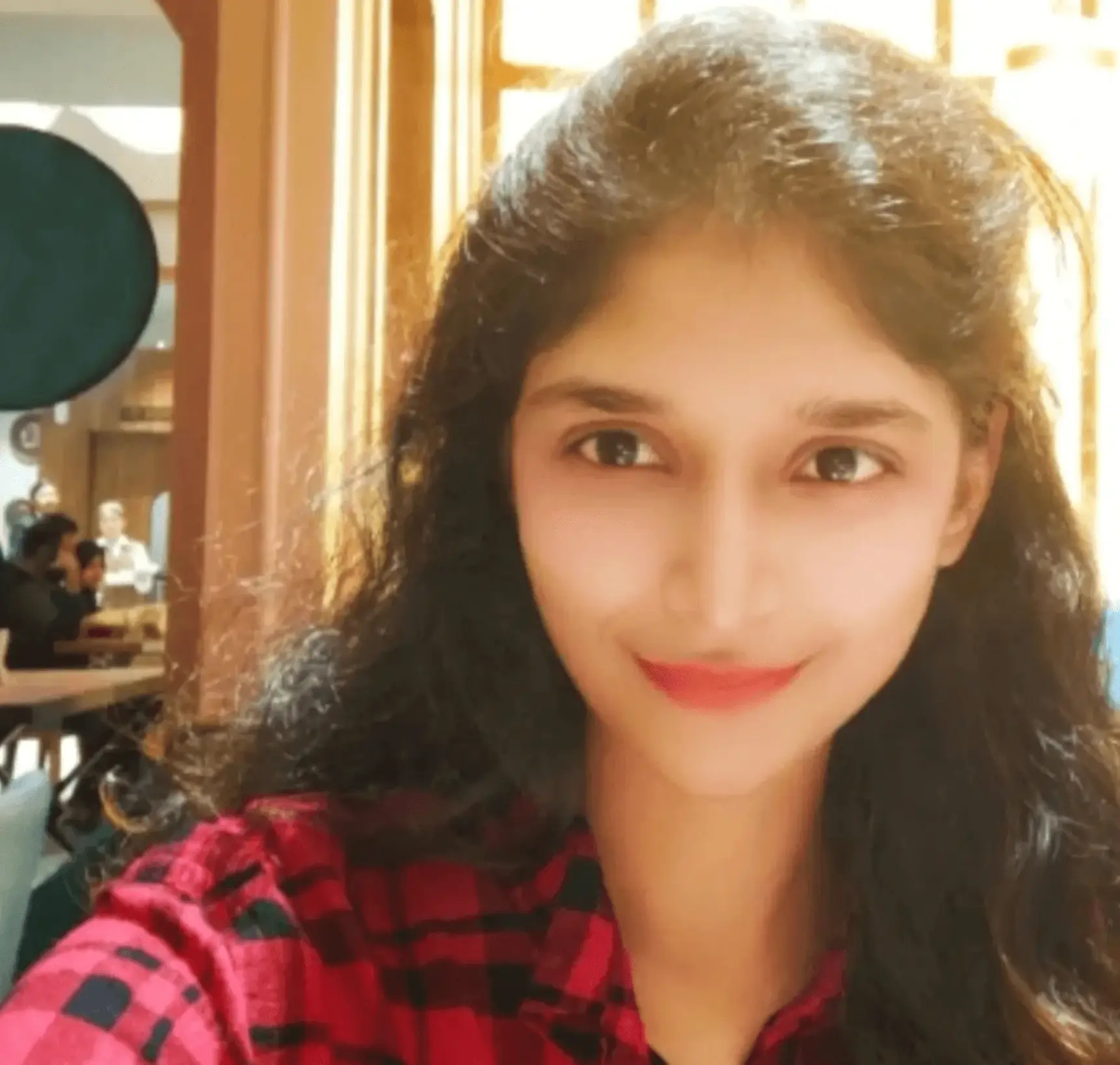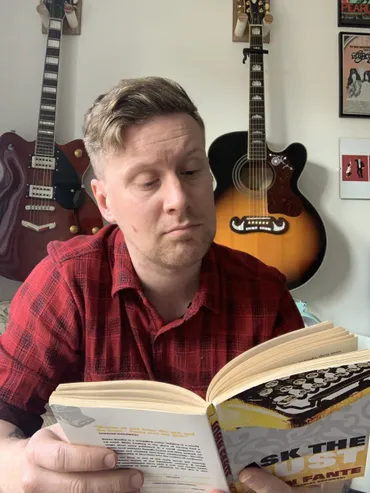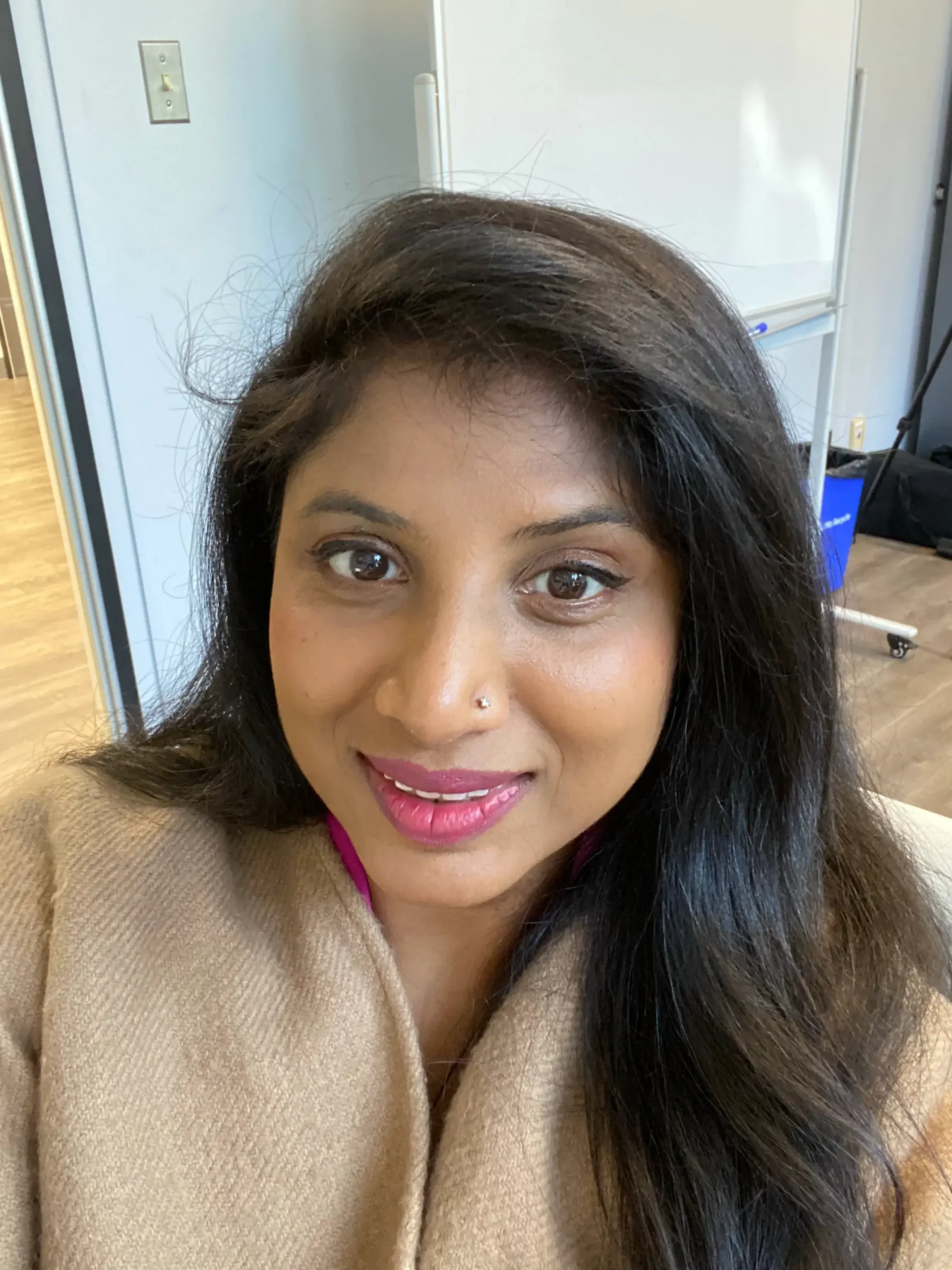Finding your purpose in life isn’t only hard—it’s one of the most challenging things you’ll ever face. It’s the question that keeps you up at night, the one you keep coming back to no matter how much success or happiness you find in other areas.
And you’re not alone. Studies show that up to 36% of people feel like they haven’t found their true calling or purpose in life. That’s a staggering number of people walking around, feeling lost or disconnected from what truly matters to them.
But here’s the thing—finding your purpose isn’t some magical moment of clarity that just happens. It’s not something you stumble upon while scrolling through Instagram or something that hits you out of the blue. It’s a process. A journey.
By the end of this post, you’ll understand why finding your purpose feels like such an uphill battle and how to finally discover it.
Let’s get into it.
My Journey in Finding Purpose
I’ve done many things throughout my career and life. Currently, I work full-time in corporate advertising and run my personal brand on the side. I love the work I do and it aligns with my values and passions.
I’m also married to my soul mate, in great shape, have a wonderful social life, and enjoy every minute of the day. But, it wasn’t always that way.
I’ve gone through many different failed businesses and ventures, had jobs I didn’t enjoy, and struggled to find my niche. With enough experimenting and reflecting, however (and a lot of hard work), I’m finally living my dream life.
This can be your experience, too. Let’s talk about how you can manifest it and watch my video on lifestyle design to learn more.
The Science Behind Finding Purpose
Understanding why finding your purpose is so tough starts with digging into the psychology of it. It’s not just about searching for some hidden treasure; it’s about grappling with your identity, your fears, and the sheer overwhelming number of choices out there. Let’s break it down.
The Psychological Perspective
You’re wired to seek meaning. But here’s the thing—your brain is also wired to avoid risk and uncertainty. When you’re trying to find your purpose, you’re stepping into the unknown, and that triggers a part of your brain that screams, “Danger!”
This isn’t just speculation. Research shows that 31% of people often avoid making big decisions—like choosing a career or life path—because of the fear of failure or making the wrong choice.
So what happens? You freeze. You go back to what’s comfortable, even if it doesn’t fulfill you. And that’s why so many people stay stuck in jobs they hate or lifestyles that don’t align with their true desires.
But here’s the truth: purpose isn’t about certainty. It’s about exploring, experimenting, and accepting that you might not get it right on the first try.
The Role of Modern Society
Let’s not ignore the role society plays in this situation. We live in an age of comparison, where social media makes everyone else’s life look perfect. You’re bombarded with images of people who seem to have it all figured out, which only amplifies your sense of confusion and inadequacy.
It’s not surprising that social media platforms, particularly Facebook/Instagram, contribute to higher levels of anxiety, depression, and loneliness among users.
When you’re constantly comparing yourself to others, it’s easy to lose sight of your own path. Instead of focusing on what truly matters to you, you get caught up in what you think should matter based on what you see online. It’s no wonder finding your purpose feels so elusive.
Neuroscience and Decision-Making
Here’s where it gets really interesting: your brain isn’t just avoiding risk—it’s also terrible at long-term thinking. The part of your brain that handles immediate gratification (the limbic system) is constantly at odds with the part that handles long-term goals (the prefrontal cortex).
This internal conflict makes it hard to commit to the long, sometimes tedious process of discovering your purpose. You end up chasing short-term wins instead of sticking to the hard work of figuring out what you really want out of life.
And let’s not forget about analysis paralysis. The more options you have, the harder it is to make a decision. This is known as the paradox of choice. When it comes to finding your purpose, the endless possibilities can be paralyzing, making you feel stuck and unsure of which direction to take.
Actionable Takeaway: Understanding these psychological and neurological hurdles is the first step in overcoming them. Recognize that fear, uncertainty, and overwhelm are natural parts of the process.
Instead of waiting for the perfect moment of clarity, start experimenting. Take small steps, try different paths, and give yourself permission to explore without the pressure of getting it right immediately.
Common Myths About Finding Purpose
Alright, let’s get something straight—there are a lot of myths out there about finding your purpose. These myths keep people stuck, thinking they’re doing something wrong or that they’re just not meant to find their true calling. Let’s bust these myths wide open so you can stop wasting time and start making real progress.
Myth 1: Purpose Is Something You “Find”
This is probably the biggest myth out there—that your purpose is hiding somewhere, waiting for you to discover it like it’s some buried treasure. The truth? Purpose isn’t something you find; it’s something you create. A survey from LinkedIn revealed that only 29% of professionals globally feel they have found their true purpose in life. That means the majority are still searching, likely because they’re under the false impression that purpose is a destination rather than a journey.
Purpose comes from action, from trying new things, from taking risks. You build it, brick by brick, through your experiences, your passions, and your skills. Waiting around for a lightning bolt moment where everything becomes clear? That’s a recipe for frustration.
Actionable Step: Stop waiting. Start doing. Take on projects, hobbies, or roles that interest you and see where they lead. Purpose emerges from engagement, not from endless contemplation.
Myth 2: You Only Have One Purpose
Here’s another lie: that you’ve got one singular purpose and if you don’t find it, you’re doomed to a life of mediocrity. Wrong. Life is dynamic, and so are you. Your purpose can evolve as you grow, learn, and experience new things.
Think about it—what drove you ten years ago probably isn’t what drives you now. And that’s okay. You might have multiple purposes in different areas of your life, from career to personal relationships to hobbies. The idea that you need to narrow it down to one thing is limiting and unrealistic.
Take me as an example. I have many different things I pursue that align with my purpose from health and fitness to entrepreneurship and family. We’re dynamic beings and change over time.
Actionable Step: Embrace the idea that your purpose can change. Focus on what excites and motivates you now, and be open to the fact that it might shift over time. That’s growth.
Myth 3: Purpose Equals Passion
This one’s tricky because it’s easy to think that what you’re passionate about is automatically your purpose. But passion is just one piece of the puzzle. Purpose is bigger—it’s about how your passions, skills, and values intersect in a way that makes an impact.
You might love painting, but does that mean your purpose is to become a professional artist? Not necessarily. Your purpose could involve art in a different way, maybe teaching others or using your creativity to solve problems in a totally different field.
Actionable Step: Instead of chasing passion alone, look for where your skills, values, and passions overlap. What do you love to do? What are you good at? And how can you use those things to contribute to something bigger than yourself?
Why Finding Purpose Is Difficult
So, why is it so damn hard to find your purpose? It’s not because you’re lazy or lack direction. It’s because the process is genuinely challenging, and there are some very real barriers that make it tough to nail down exactly what you’re meant to do. Let’s break down the big ones.
Overwhelming Choices
We live in a world of endless options. Career paths, lifestyles, side hustles—there’s so much to choose from that it’s paralyzing. This is what’s known as the paradox of choice.
According to a study published in the Journal of Personality and Social Psychology, having too many options can actually lead to decision paralysis and regret. When everything is on the table, it’s hard to commit to one path because you’re always wondering if there’s something better out there.
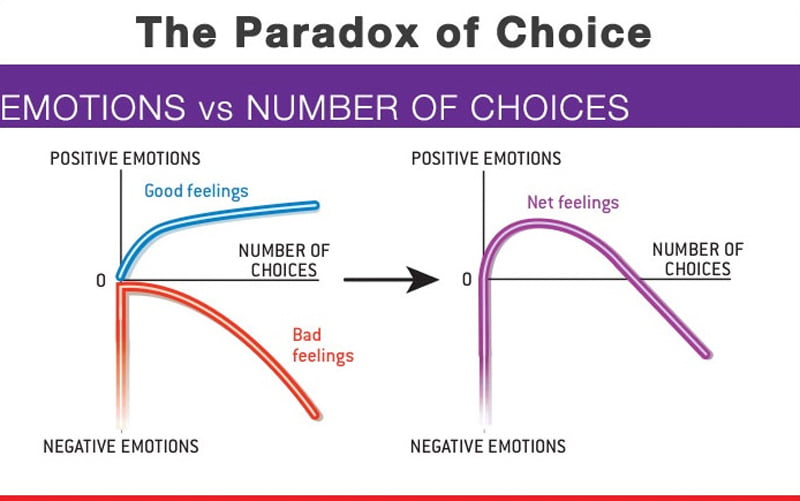
The fear of making the wrong choice keeps you stuck. You don’t want to pick a path only to realize years later that it wasn’t the right one. So instead of choosing, you stay in a loop of indecision, waiting for a sign or a guarantee that doesn’t exist.
Actionable Step: Narrow your focus. Start by eliminating options that don’t align with your core values or long-term goals. Once you’ve got a shorter list, take action on one path—knowing you can always pivot if needed. Clarity comes from action, not endless deliberation.
Fear of Failure
Let’s get real—fear of failure is a huge obstacle when it comes to finding your purpose. No one wants to invest time and energy into something only to fall flat on their face. But here’s the kicker: failure is inevitable. It’s part of the process.
The problem is, most of us have been conditioned to avoid failure at all costs. This fear keeps you from taking the risks necessary to discover what truly drives you. Instead of moving forward, you stay in your comfort zone, where it’s safe but unfulfilling.
Actionable Step: Reframe failure as feedback. Each setback is a learning opportunity that brings you closer to your purpose. Start small—take risks in low-stakes environments to build your resilience, and gradually increase the level of risk as you gain confidence.
Lack of Self-Awareness
You can’t find your purpose if you don’t know who you are. Sounds simple, right? However a lack of deep self-awareness is a major barrier for many people. You get so caught up in the noise of what others expect from you—family, society, social media—that you lose touch with what actually matters to you. Humber River Research highlights that individuals with high self-awareness are more likely to find and live their purpose.
Without self-awareness, you’re just guessing at what might make you happy or fulfilled. And guesswork isn’t a solid strategy for life. The more you understand your values, strengths, and weaknesses, the easier it becomes to align your actions with your true purpose.
Actionable Step: Invest time in self-reflection. Whether it’s through journaling, meditation, or even therapy, take the time to really understand what drives you. Ask yourself the tough questions—What do I care about? What am I good at? What do I want to contribute to the world? The clearer you get on these answers, the closer you’ll be to finding your purpose.
Actionable Steps to Discover Your Purpose
Let’s stop talking theory and start getting into action. Finding your purpose doesn’t happen by sitting around and waiting for clarity to strike. It happens through intentional steps, trial and error, and a lot of self-exploration. Here’s how you can start moving the needle.
Start with Self-Reflection
Self-awareness is the foundation of purpose. If you don’t know what you stand for, what drives you, or what drains you, how can you figure out what you’re meant to do? Take a deep dive into who you are.
Actionable Step: Dedicate time every day to self-reflection. Start journaling. Write down what excites you, what frustrates you, and what makes you feel fulfilled. Reflect on your past experiences—what moments in your life felt most aligned with who you truly are?
This process isn’t about finding answers overnight; it’s about uncovering patterns and insights that will guide you forward.
Experiment and Explore
You can’t think your way into purpose. You have to act. Sitting on the sidelines, waiting for the perfect idea or opportunity, is a recipe for staying stuck. The key is to start experimenting with different paths. The Journal of Positive Psychology found that individuals who actively engage in new experiences are more likely to discover their passions and purpose.
Actionable Step: Set a goal to try something new every month. Whether it’s a class, a side project, or volunteering, push yourself to step out of your comfort zone. Each new experience will teach you something valuable about what resonates with you and what doesn’t. Keep what works, and move on from what doesn’t. Purpose is built through action, not analysis.
Set Small, Purposeful Goals
Purpose isn’t about one big life goal—it’s about consistent, intentional actions that align with your values and interests. Start small. The American Psychological Association highlights that setting and achieving small goals can boost motivation and lead to greater success in finding long-term purpose.
Actionable Step: Break down your exploration into bite-sized goals. For example, if you’re interested in writing, commit to writing 500 words a day. If you’re curious about entrepreneurship, start by reading a book on the topic or attending a local meetup. Each small win builds momentum and brings you closer to understanding what truly drives you.
Seek Mentorship and Guidance
You don’t have to do this alone. Finding your purpose can be a daunting task, but the right guidance can make all the difference. Research from the Harvard Business Review shows that individuals with mentors are more likely to find clarity in their career and personal life.
Actionable Step: Identify someone who’s living a life or pursuing a path that resonates with you. For example, I love Tony Robbins. Reach out to them for advice, mentorship, or even just a conversation. Don’t be afraid to ask questions—most people are happy to share their journey and offer guidance. Mentorship can provide you with insights and shortcuts that you might not discover on your own.
Inspirational Stories of Finding Purpose
Sometimes, the best way to spark your own journey is to see how others have navigated theirs. Real-life examples of people who’ve found their purpose—often through unexpected paths or after facing significant challenges—can be incredibly motivating.
You can read about these online, attend networking events, or reach out to people you find interesting to grab coffee.
Conclusion: Take Action Today
Let’s cut to the chase—finding your purpose isn’t something you’ll do by sitting around, waiting for the stars to align. It’s a process, and like any process, it requires action. Now that you understand the barriers, the myths, and the steps to uncover your purpose, it’s time to stop thinking and start doing.
So what’s next? Start with self-reflection. Get to know who you are and what drives you. Experiment with new activities, jobs, and hobbies—don’t be afraid to get uncomfortable. Set small, meaningful goals that align with what you discover about yourself, and seek guidance from mentors who’ve walked a similar path.
If you want to get coaching from me and related courses, check out Marketing Pro Academy.


